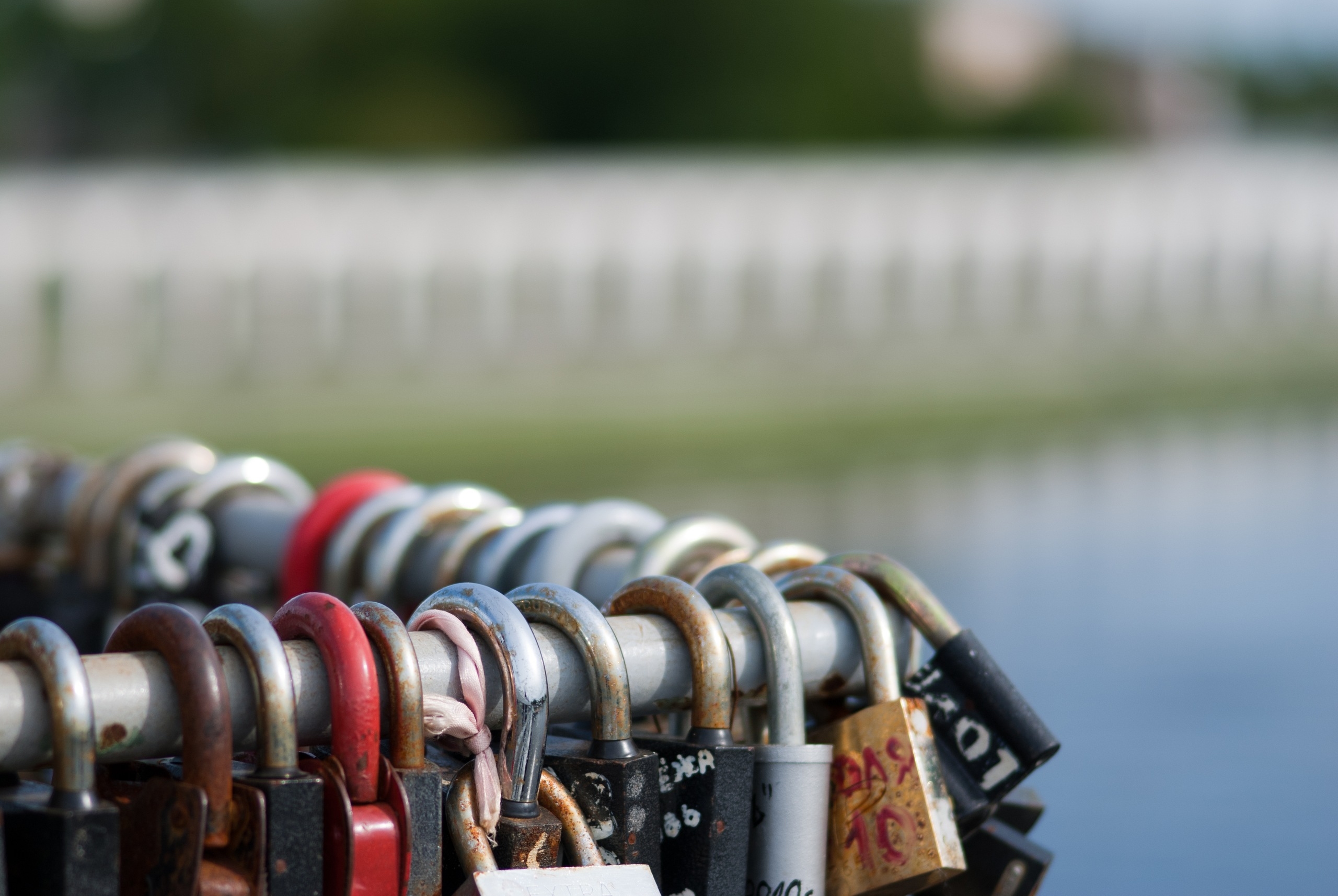For those of us who live with the daily task of recovering from trauma, there are a few realities that we must authentically acknowledge and even embrace. Post-trauma life can be amazing, but we cannot afford to be in any denial about how our life experiences have changed us and our daily life. Trauma survivors in recovery know the importance of being truthful with ourselves and those around us.
Some people cannot be in our inner circle.
When we’ve experienced trauma, we don’t have the luxury of having high-conflict people in our life. There are some individuals who enjoy snarky dialogue or pushing buttons just for the purpose of creating tension. Trauma survivors cannot emotionally or physically afford to allow these people to come close. Our body and mind already have been on adrenaline and cortisol overload. High-conflict people cause us to go on a roller coaster ride that has very negative consequences for our well-being.
Be prepared for extra body pain.
Trauma survivors often experience symptoms of chronic body pain, headaches, poor digestion, and an array of other stress-induced physical symptoms. We must be prepared for flare-ups and have a trusted regimen to help bring down the intensity of a body reaction to living with post-traumatic stress disorder (PTSD).
What works for one person, may not for another. For example, ice may help a trauma survivor with muscle soreness, but can cause a flare-up for another person. Through a trial and error process, people will be able to create a trusted go-to list for when trauma shows more intensely within their body.
We rebound slower from everyday stress.
Even though it feels offensive, and even unfair, life continues after we’ve experienced a traumatic event or continuous trauma in the case of relational abuse. We will have days or weeks where we are exhausted from demands at work or a string of tough parenting days when a little one refuses to sleep all through the night. Normal life happens around us and to us; even when we don’t believe we have the capacity to face life challenges in a healthy way.
We must maintain a gentle self-awareness that normal life stress will impact trauma survivors more intensely. It is not because we are weaker or less capable. It’s because our entire system has already been at full capacity because of the trauma we experienced, and additional stress will cause a new surge of overload.
Before everyday stress begins to take its toll, it’s important to be proactive in our recovery. When we have a big deadline at work, let’s create extra recharge time to help us get through. We cannot expect ourselves to throttle at full speed without some kickback in our wellness. Planning ahead for a dip in our energy will keep us from falling into a trigger slump that could potentially cause a pocket of situational depression to creep in.
Tough days will come, but they also fade out.
Those of us living in trauma recovery know that some days you open your eyes in the morning and can just feel something is off. Nothing new happened to create a shift in our recovery path. We may have even recently reached new healing milestones, so waking up to an unannounced bad day feels like our mind and body is revolting against us. It can be extremely confusing.
Why do tough days happen in an unprovoked way for trauma survivors? At times, our subconscious may have been processing uncomfortable aspects of our life experiences while we were sleeping. Other times, stress in our lives could have been building over the previous several days, or weeks, but we didn’t notice it until the tension landed heavy on our emotions and body.
It is very important that we are compassionate with ourselves when the tough days jump out at us. These are the hours when we take one step at a time. We make a true must-do list that consists of only those items that are critical to that specific day and nothing more. On these tough days, it’s perfectly okay to let family and close friends know that we’re having an off day and are needing their support.
Bad days in our recovery journey are not permanent set-backs. They are days when we get to exercise gentleness and work our recovery program with even more purpose. It helps to not make hard days a catastrophe. Trauma can whisper that rough days are signs that we are not “really healed” but that is a lie. Tough days come and they go. Our attitude will help to move past them quicker.
We will have a heightened awareness of our surroundings.
PTSD can create sensory sensitivity that causes us to live in prickly awareness of our environment. The extra jarring car ride can feel overwhelming. The scent of cologne or perfume worn by a co-worker will bring on a headache or nausea. Our skin can feel like it’s on fire. Layered environmental noises can cause an anxiety attack to creep up. We live in a world of overwhelming sights, sounds, smells, touch, and that’s before experiencing trauma. Post-trauma life can bring us to a saturation level.
When we find ourselves in a sensory overload, it’s critical that we first acknowledge that we are overwhelmed, take a few cleansing deep breaths, and begin to turn down the sensory overload. Stepping away from our phones, turning off the car radio, using foam earplugs to create a quiet space, turning down the volume on the television, softening the room lighting or other ways that work to create gentleness help in reducing trauma-induced sensory overload.
Living a post-trauma life has it challenges, and we must be committed to finding a quality of life that works for our particular situation. Being aware of specific ways to reduce trauma triggers and a recovery program that works are both vital to living a vibrant life with PTSD.


